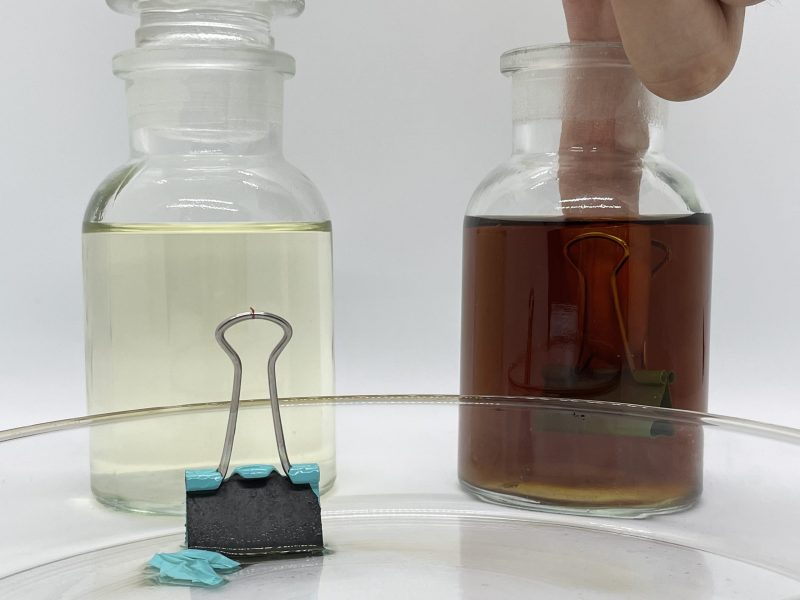The Faculty of mobile medicine went to Weifang to carry out animal disease prevention and control and animal husbandry production technology training.
On August 27, Han Xianjie, vice-president and associate professor of the Animal Medical College of Qingdao Agricultural University, an expert on pig innovation team of modern agricultural technology system in Shandong Province, went to Changle County and Linqu County of Weifang City to train the victims in post-disaster production technology.
In August 20th, Weifang was hit by rainstorm, which caused huge losses to local animal husbandry. Han Xianjie pointed out that the post-disaster reconstruction has become the focus of the current animal husbandry. It is imperative to strengthen the technical training, systematically learn animal husbandry and veterinary professional knowledge, and improve the management and service level to promote the sustainable and healthy development of local animal husbandry.
On the morning and afternoon of August 27, Professor Han Xianjie gave a technical lecture entitled “Key Points of Environmental Control in Post-disaster Pig Farm” at the Party School of Weifang Municipal Party Committee and the Animal Husbandry Bureau of Linqu County. More than 500 animal husbandry and veterinary technicians, epidemic prevention coordinators and some representatives of breeding farms from Changle and Linqu counties participated in the training meeting. Han Xianjie suggested that the people in the disaster area should take the post-disaster reconstruction as a new development opportunity and use new production and management concepts, new ecological and environmental protection technologies, and new industrial recycling model to rise. Point and high standards for re planning, grasp market demand, and resume normal production as soon as possible. The lectures were in-depth and superficial, the theory was combined with practice, and the trainees on the spot said they had benefited a lot. I believe that the knowledge will be of great significance to the local animal husbandry after the disaster recovery production.



